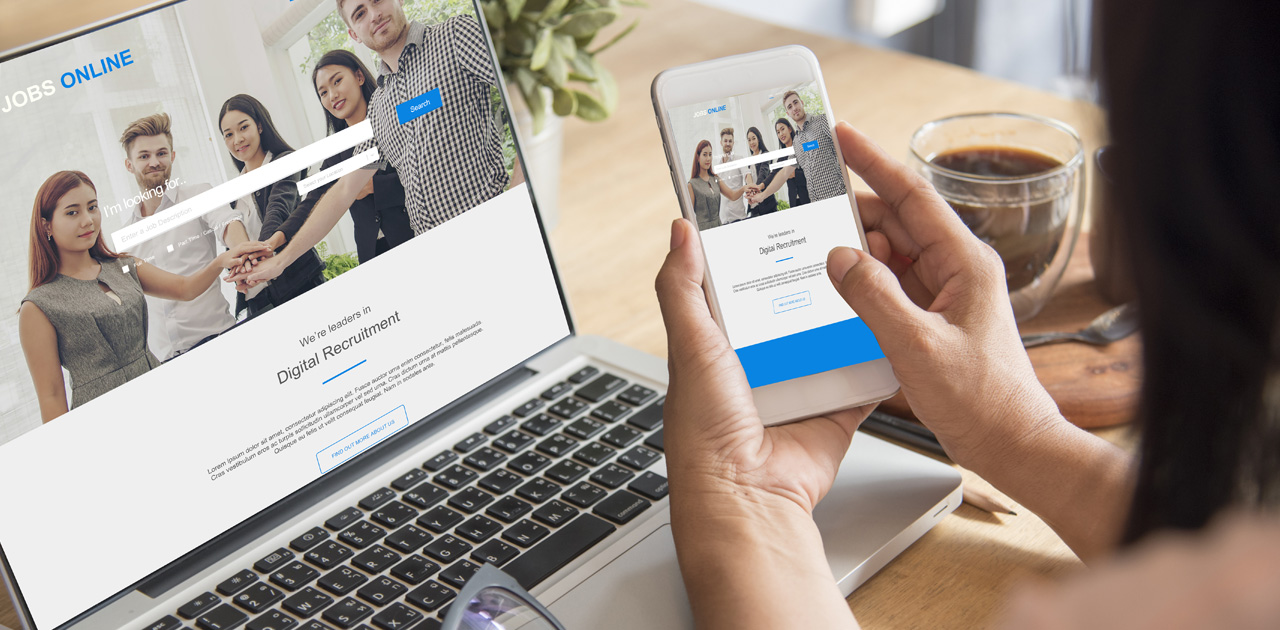Professional Website for Brand Identity
For many small businesses across India, the inability to match unreasonably low prices from imported products—not to mention an increasingly globalized marketplace—has caused sleepless nights.
If your nearest competitor is shipping handbags and trinkets at rock-bottom prices from across the ocean, what hope do you have? Yet, there’s a key difference that these bulk importers rarely offer: a relationship with YOU—the neighbor who cares, the local craftsman who stands behind quality. In 2025, more than ever, trust is the powerful tool that helps you compete with price alone. And that tool starts with having a well-designed, brand‑focused website.
The Import Threat in 2025
With low-cost imports flooding the Indian retail space, customers often expect cheap. Global e-commerce platforms drive this mindset by pushing deals, discounts, and fast shipping. Even basic household items found in local shops or media ads are now available online for half the cost from foreign sellers. This trend has changed consumer expectations—if it can come from abroad cheap, why buy local—even if the quality or service differs?
But what importers seldom offer is after-sales care, product knowledge, or community goodwill. This is where your local advantage lies—if you showcase it well.
Why Price Alone Isn’t Enough
A sub‑₹50 trinket might do the job today, but if it breaks in a month, who will replace it? A local business winner keeps that promise. When customers spend a little more, they expect value—personal attention, warranty, clear returns, and care. A huge part of that perceived value can be communicated online through a trusted website that highlights who you are, where you come from, and why your product still wins on long-term benefits.
Website as Your Trust Anchor
Imagine someone searching “leather belt Ahmedabad" on Google. Capture their interest with a website that:
- Loads smoothly on mobile devices
- Shows genuine images—from your store or samples
- Lists your location, business hours, and contact channels
- Highlights customer feedback or reviews
- Offers clear details on guarantees, repairs, or replacements
- These elements build trust faster than a physical storefront—especially for tech-savvy shoppers.
Key Elements That Build Trust Online
- a. Clean Responsive Design – A polished look shows professionalism and attention to detail.
- b. Authentic Photos & Videos – Use your products, packaging, or staff to convey realness.
- c. Local Presence – Address, map embed, and local phone number show you’re part of the community.
- d. Customer Feedback – Even five local voices matter more than one online review.
- e. Easy Contact – Email, phone, or WhatsApp with transparent policies builds consumer confidence.
- f. Speed & Security – Fast loading and HTTPS show your site is kept current and safe.
Credibility vs. Discount Race
Let’s consider Priya’s Saree Shop in Maninagar. She was losing sales to cheap dupes from elsewhere. She updated her website—showing behind‑the‑scenes weaving, real customer photos, local tailoring options, and repair services. That helped convert curious bargain-hunters into loyal customers. She didn’t lower prices; she raised perceived value—and sales followed.
Make Global Quality Local
Create a brand that looks international—not through expensive ads, but trust signals:
- – Local photos + shop interior
- – Warranty details and after-sales care
- – Company history and mission (e.g., “serving Ahmedabad since 2000”)
- – Geo-specific keywords like “Ahmedabad-crafted,” “local pride,” or “handmade near you”
Boost with Google, SEO & Ads
A website alone isn’t enough. You need to share, optimize, and promote:
- Local SEO: Claim your Google Business Profile, encourage reviews
- On-page SEO: Use geo-keywords, optimized meta tags, schema markup
- Google Ads or Facebook Ads: Point to trust signals and local availability
- Retargeting: Remind visitors who browsed your site that you’re just around the corner
- This builds trust via data—it shows people engage with your brand, not imported brands.
Measuring Trust & Conversion
KPIs don’t have to be fancy. Track:
- Dwell time – how long visitors stay; longer time = more interest
- Form clicks or contact clicks – real inquiries are trust in action
- Repeat visits – indicates trust and interest
- Ad conversion & bounce rates – signals ad-to-website match and site reliability
Conclusion & Call to Action
In 2025, cheaper imports are everywhere—but not your story, your care, or your responsibility to customers. A professional, locally-optimized website that highlights trust, not just inventory, is your shield—and your arrow—to win back market share. This is how you stop competing on price and start winning with brand strength.
Take the next step: invest in a site that works as hard as you do. Because trust isn`t a line item—it`s your future.
Alvin Waghela
Alvin Waghela is a freelance web developer and founder of Json Infotech, with over 23 years of hands-on experience in ASP.NET, SEO, and digital marketing. His career spans across India and the UK, delivering robust and scalable web solutions. Alvin specializes in building websites that work hard for businesses.







